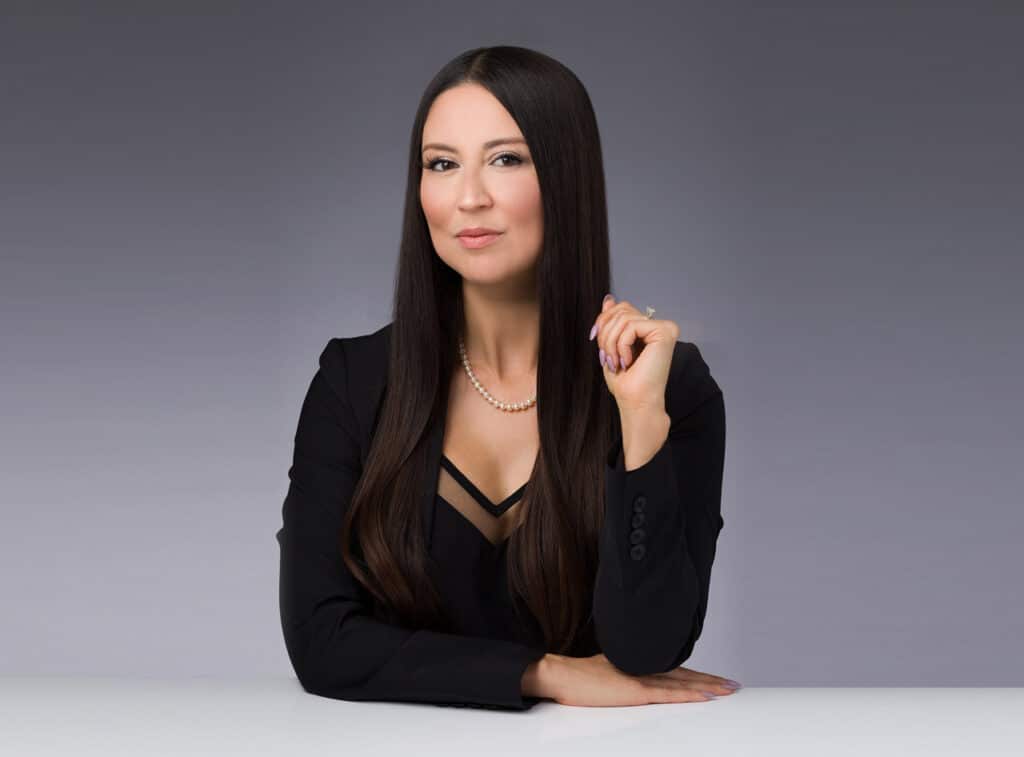Don’t navigate your family law issues on your own. Our Las Vegas team of divorce lawyers and divorce attorneys are specialized in various aspects of family law. Whether you’re looking to adopt a child and need information on adoptions, going through a difficult divorce, or need assistance with child support, we’re here to help.
Las Vegas Divorce Attorney
Personal Injury Attorney
Support is provided by our Las Vegas personal injury lawyers. Their relentlessness is well-known. A trusted car accident attorney Las Vegas is made available by our team. Road mishaps are diligently addressed. Due attention is granted by the esteemed car accident lawyers Las Vegas offers. After a car accident, rightful settlements are pursued. The significance of a Las Vegas car accident attorney is often realized. Justice is prioritized by our car accident lawyers Las Vegas team.
Jennifer Gastelum Law Firm Your Accident, and Divorce Attorney
Attorney Jennifer Gastelum and her bilingual team provide diligent and aggressive representation to clients facing a wide range of legal matters, such as divorce law, child custody, and personal injury.
The law can be complex and overwhelming, especially during life-changing moments like divorce. It’s easy to get lost in all the chaos. Our team of attorneys believe in creating personal relationships where you’ll feel equally supported in carrying the emotional burden of your legal challenges.
Gastelum Law: Your Trusted Divorce Attorney
Founded in 2018, Gastelum Law has become a cornerstone of legal expertise in both Nevada. Led by the highly skilled Attorney Jennifer Gastelum, our bilingual team is committed to delivering aggressive, yet compassionate legal services in various fields.
Family Law Expertise
Going through a divorce can be emotionally taxing, affecting not just the spouses but the entire family. Our divorce attorneys are experienced in Nevada divorce and Arizona laws, aiding you in navigating community property states effectively. Whether you need a divorce attorney near me for an uncontested divorce, require robust representation for a contested divorce, or need expert divorce mediation, we’ve got you covered. Are you searching for a child custody attorney or lawyer for child custody? Our team specializes in both joint custody and sole custody arrangements that prioritize your child’s well-being. Your Las Vegas Divorce Attorney.
Your Personal Injury Attorney
Accidents can be life-altering, causing physical, emotional, and financial burdens. At Gastelum Law, our specialized personal injury attorneys are here for you. Whether you need a car accident lawyer, motorcycle accident attorney, or truck accident lawyer, we offer robust legal support for all kinds of injury claims. We are also proficient in handling medical malpractice, work injury, and wrongful death cases. If you are dealing with an insurance claim or need a disability lawyer, our dedicated team works diligently to ensure you get the compensation you deserve.
A Compassionate Las Vegas Divorce Attorney
At Gastelum Law, we understand that each client is unique, as are their legal requirements. We strive to build personalized relationships with each client, serving not merely as legal advisors but as advocates during the most challenging periods of their lives. Las Vegas Divorce Attorney
Call For A Consultation
Our Philosophy
At Jennifer Gastelum Law, we strive to build rock-solid client relationships. Our Las Vegas team first gets to know you, your legal concerns, and your ultimate goals. We then create customized legal solutions to protect your rights and achieve the best results.
Our estate planning and divorce lawyers are known for:
-
- Experience: Nevada licensed and practicing attorney, Jennifer Gastelum, served in large and highly-established law firms before founding Gastelum Law. She has represented hundreds of clients both in pre-litigation and litigation with the diligence and aggressiveness she believes everyone deserves.
- Confidentiality: Our Las Vegas team works with you in a private legal setting and applies sophisticated technology to promote privacy. Confidentiality is of the utmost importance.
- Fast Results: As attorneys who have handled hundreds of legal matters, we understand the need to get your life back on track as soon as possible. Our diligent team is ready to see you through the case with professionalism and swift attention.
- Prompt Communication: Our Las Vegas lawyers know you have many questions and worries about your case. You will get answers to all your questions whether on call, in person, or online, timely case updates, and prompt responses to your concerns.




